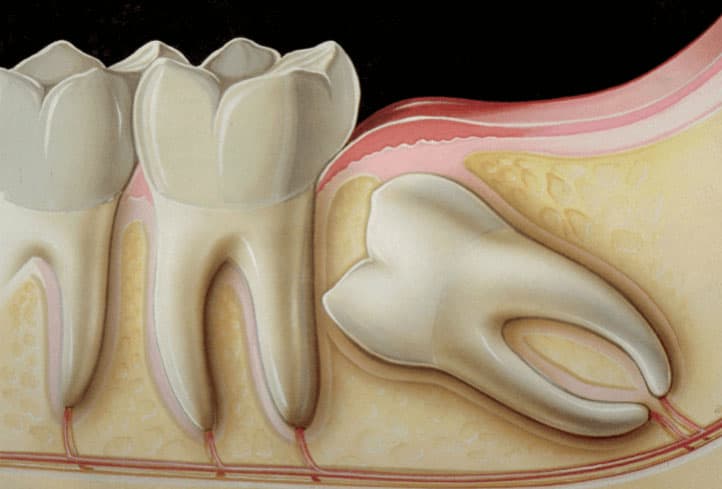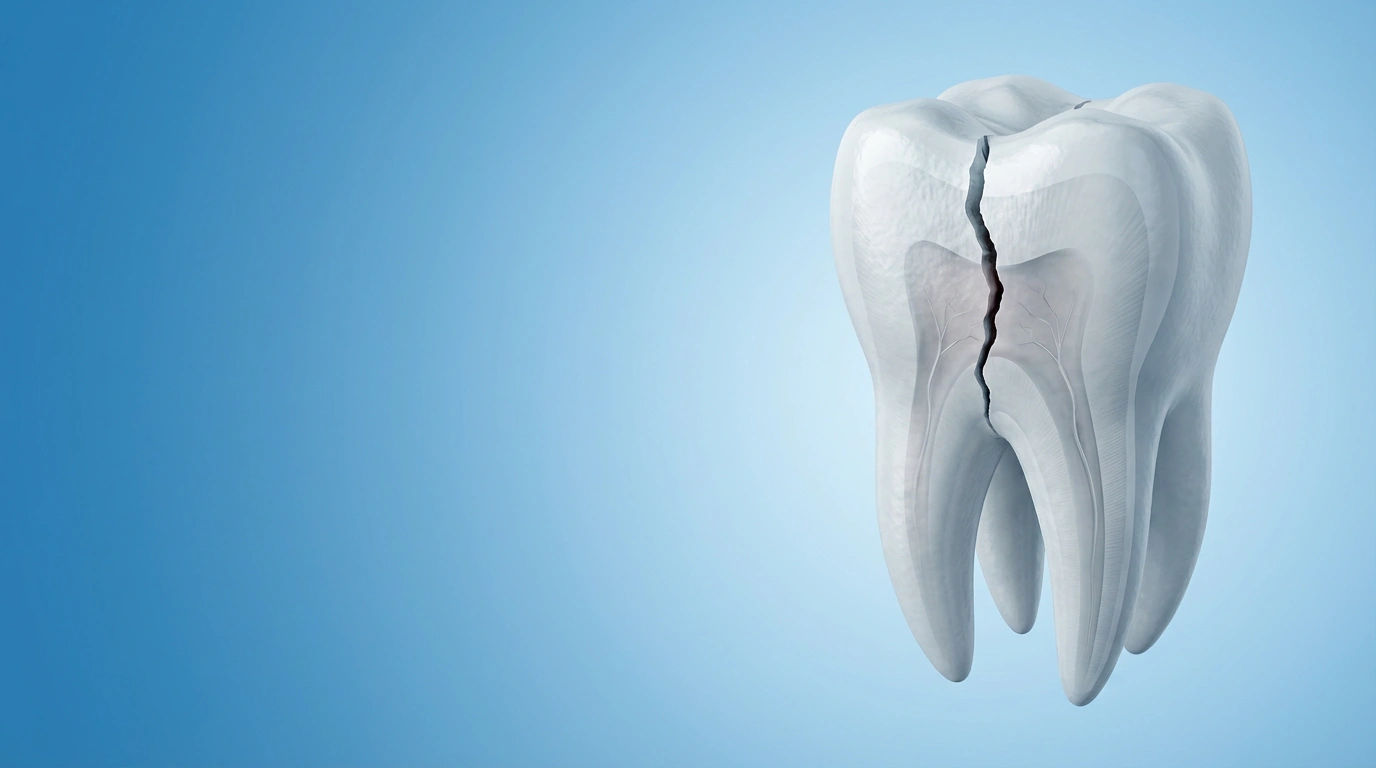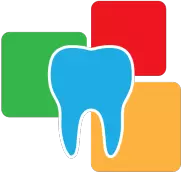What To Eat After Wisdom Tooth Removal?

Introduction:
Wisdom tooth removal is a common dental procedure that many individuals go through in their lives. While the procedure itself is necessary for maintaining oral health, the recovery period can be challenging, especially when it comes to deciding what to eat. In this patient-friendly and informative blog, we will explore the best foods to consume after wisdom tooth removal, ensuring a smooth recovery process and a well-nourished body. Let's delve into the right foods that will help you heal faster and alleviate discomfort, all while keeping in mind the importance of "wisdom tooth removal."
First 24 Hours:
The first 24 hours after wisdom tooth removal are critical for controlling bleeding, forming blood clots, reducing swelling, preventing infection, and establishing the healing process. Adhering to post-operative instructions and practicing proper oral hygiene during this period greatly contribute to a smoother and more successful recovery. Patients should prioritize self-care and seek professional guidance if they experience any concerns or unexpected discomfort during this crucial phase.
During the first 24 hours after wisdom tooth removal, it's essential to focus on gentle, soothing foods to avoid any irritation to the surgical sites.
1. Cold Compress:
In the immediate aftermath of the procedure, applying a cold compress to the outside of your cheek can help reduce swelling and ease discomfort. Patients may use ice packs that are available on medical stores or one can use a handkerchief and place few ice cubes in it. Cold compressions have a very good vasoconstrictor effect on the socket and help blood to clot.
2. Cold Liquids:
Stick to clear liquids such as water, apple juice, or broth during the first 24 hours. Avoid using straws, as the sucking motion may dislodge blood clots and impede the healing process. Also spitting is not allowed for 24- 48 hours post operatively. Tea and hot coffee are not allowed for first 24 hours. Buttermilk, shake and cold coffee is allowed for first 24 hours.
3. Avoid Hot and Spicy Foods:
Refrain from consuming hot or spicy foods, as they can irritate the surgical sites and cause discomfort. Consume a soft diet and easy to ingest food items.
4. Ice creams:
Patient who has undergone wisdom tooth removal can consume ice creams without nuts and crunches. Vanilla and strawberry flavours are allowed. Use a cup and spoon can used to consume food.
After 24 Hours:
After the first 24 hours following wisdom tooth removal, the focus shifts towards gradual recovery and a more diverse diet. While the immediate post-operative period is critical for clot formation and minimizing complications, the subsequent days play a significant role in the overall healing process. Remember that the recovery period can vary from person to person. While some individuals may experience a relatively smooth recovery, others might face challenges. Here are the important after 24 hours instructions to ensure a smooth and successful recovery. By following these after 24 hours instructions and maintaining open communication with your dental professional, you can optimize your recovery process and ensure the best possible outcome after wisdom tooth removal.
1. Rinsing and Oral Hygiene:
After the initial 24 hours, you can gently rinse your mouth with a warm saltwater solution after meals. This practice helps keep the surgical sites clean and aids in the healing process. Continue to avoid aggressive rinsing or spitting, as it may disrupt blood clots and lead to complications. It also helps in vasodilation which results in better and faster healing.
2. Introducing Soft Foods:
As your mouth heals, you can gradually introduce more soft foods into your diet. Opt for foods like soft fruits (bananas, melons), well-cooked vegetables, scrambled eggs, pasta, and cooked grains. Be cautious with textures and avoid foods that may irritate the extraction sites.
3. Avoid Certain Foods:
While you can start incorporating a wider range of foods, still avoid hot, spicy, and acidic foods, as well as hard and crunchy options that may exert pressure on the surgical sites. Continue to prioritize gentle, non-irritating foods to promote healing.
4. Pain Management:
Even after the initial 24 hours, some discomfort may persist. Follow the prescribed pain management regimen and take pain medication as needed to alleviate any lingering pain. Always consult with your dentist or oral surgeon if you have concerns about your pain levels.
5. Continue Cold Compress:
If swelling persists, you can continue using a cold compress in the subsequent days. Applying it for short periods can still help reduce inflammation and provide relief.
6. Stay Hydrated:
Adequate hydration is crucial for recovery. Continue to drink plenty of water throughout the day, but remember to avoid using straws, as the sucking motion can dislodge blood clots.
7. Avoid Tobacco and Alcohol:
Refrain from smoking and consuming alcohol during the recovery period, as they can interfere with the healing process and increase the risk of complications.
8. Rest and Avoid Strenuous Activities:
Give your body the time it needs to heal by getting sufficient rest and avoiding strenuous physical activities for a few days following the procedure.
9. Attend Follow-Up Appointments:
Ensure you attend any scheduled follow-up appointments with your dentist or oral surgeon. These visits allow them to monitor your progress, address any concerns, and provide further guidance if needed.
10. Be Mindful of Signs of Complications:
Pay attention to any unusual symptoms such as excessive bleeding, severe pain, or signs of infection (fever, pus discharge). If you notice any concerning signs, contact your dental professional promptly.
11. High Protein Foods:
Include soft protein sources like scrambled eggs, soft-cooked chicken, tofu, or protein shakes to support tissue repair and healing.
12. Nutrient-Rich Foods:
As the healing progresses, incorporate nutrient-rich foods like avocados, leafy greens, soft fruits, and cooked vegetables into your diet. These foods are packed with vitamins, minerals, and antioxidants, which aid in the healing process and boost your immune system.
Common Post-Extraction Concerns and How to Address Them
While wisdom tooth removal is a routine dental procedure, it's natural to have some concerns during the recovery period. Here, we address common post-extraction concerns and provide tips on how to address them:
1. Dry Socket:
One of the most common concerns after wisdom tooth removal is the development of dry socket. This condition occurs when the blood clot at the surgical site becomes dislodged or dissolves prematurely, exposing the underlying bone and nerves. It can cause severe pain and delay the healing process.
2. Swelling and Discomfort:
Swelling and discomfort are normal after the procedure. Applying a cold compress during the first 24 hours can help reduce inflammation. Over-the-counter pain medication prescribed by your dentist or oral surgeon can alleviate discomfort.
3. Limited Jaw Opening:
It's common to experience limited jaw opening or stiffness after wisdom tooth removal. This is usually temporary and should improve gradually as the healing progresses. In the meantime, avoid overly wide mouth opening, and practice gentle jaw exercises to alleviate stiffness.
4. Infection:
Although rare, infection can occur after wisdom tooth removal. Signs of infection may include increased pain, swelling, redness, and the presence of pus. If you suspect an infection, promptly contact your dental professional for assessment and appropriate treatment.
5. Numbness or Tingling:
Temporary numbness or tingling in the face or lips may occur due to nerve proximity to the extraction site. In most cases, this sensation resolves on its own over time. However, if the numbness persists or worsens, inform your dentist or oral surgeon immediately.
6. Delayed Healing:
While most individuals recover well within a few days, some may experience delayed healing. This can be influenced by various factors, including overall health and adherence to post-operative instructions. If you notice a lack of improvement or have concerns about the healing process, consult your dental professional for advice.
Conclusion:
The process of wisdom tooth removal can be challenging, but with the right post-surgery diet, you can make the recovery period more comfortable and efficient. Focus on soft, smooth, and nutrient-rich foods during the first 24 hours, and gradually introduce a wider variety of foods after that. Remember to stay hydrated and be mindful of what you eat to ensure a speedy recovery, minimize discomfort, and keep your oral health in top condition. By doing so, you'll ensure a speedy recovery, minimize discomfort, and keep your oral health in top condition. Always consult with your dentist or oral surgeon for personalized dietary recommendations. Take care, and here's to a smooth recovery after your wisdom tooth removal!
- A-3, Natraj Nagar near Imli Phatak, Jaipur-302015
- +91 9945826926
- contact@amddentalclinic.com

Is a Dental Implant the Only Option for Replacing a Missing Tooth?
Discover alternatives to dental implants for missing teeth! Explore expert insights from Dr. Mili Gupta at AMD Dental Clinic. Read now to learn more!

Why Dentists Recommend Dental Implants Over Bridges & Dentures | Expert Guide by a Prosthodontist in Jaipur
Discover why dental implants are preferred over bridges & dentures. Learn expert insights from Dr. Mili Gupta at AMD Dental Clinic, Jaipur. Read now!

Why Tooth Fractures Are Rising: A Modern Dental Concern You Shouldn’t Ignore
Discover why tooth fractures are increasing and how AMD Dental Clinic can help protect your smile. Learn causes, prevention tips, and expert solutions today!

